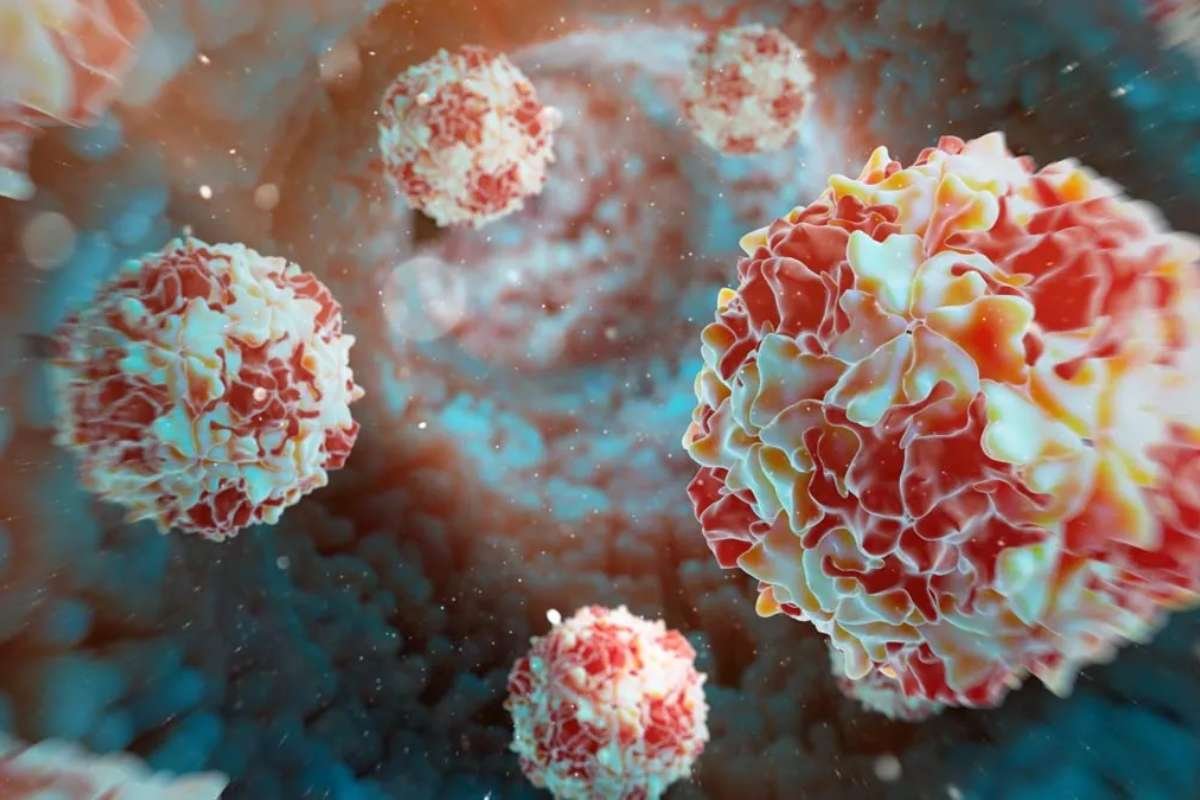Key Points:
- Wild poliovirus found in Germany’s wastewater; no human cases reported.
- Low public risk thanks to high vaccination and strong surveillance.
- Polio eradication faces challenges from funding cuts and vaccine hesitancy.
Wild polio virus has been detected in Germany’s wastewater, marking the first such finding in Europe in 15 years. The Robert Koch Institute (RKI) said on Wednesday that the virus was identified through routine sewage sampling, although no human infections have been reported.
The World Health Organization (WHO) called the discovery a reminder that polio remains a global threat despite major strides toward eradication. Europe was declared free of wild poliovirus in 2002, and Germany last recorded a human case of the disease in 1990.
“Wild poliovirus type 1 (WPV1) has been detected in a sewage sample in Germany,” the RKI said in a statement. “No infections in people have been identified.”
First detection in decades
The detection marks Germany’s first confirmed presence of the Wild polio virus in environmental samples since wastewater monitoring for polio began in 2021. The WHO said this was the first known case of wild poliovirus found anywhere in Europe since 2010, when similar detections occurred in Russia and Tajikistan.
Health officials said the risk to the public remains very low due to Germany’s high vaccination coverage. “Cases of virus detection in wastewater are isolated, and widespread immunization continues to provide strong protection,” the RKI said.
Poliomyelitis, commonly known as polio, is a viral infection that can lead to paralysis or death. It spreads through contaminated water or food and can be prevented by vaccination.
Global effort faces challenges
Two types of poliovirus circulate globally: the wild form (Wild polio virus), now endemic only in Afghanistan and Pakistan, and the vaccine-derived form, which emerges rarely when weakened live vaccine strains mutate in under-vaccinated areas.
Germany, like several other European nations, has detected vaccine-derived polioviruses in wastewater samples since late 2024. The WHO said the new wild virus detected in Germany appears genetically linked to strains currently circulating in Afghanistan.
Oliver Rosenbauer, spokesperson for polio eradication at the WHO in Geneva, said the discovery demonstrates the effectiveness of Germany’s surveillance system. “The virus was detected without the occurrence of disease,” he said. “Thanks to high population immunity, no cases have been reported. Strong monitoring and vaccination remain essential until eradication is achieved.”
Setbacks to the eradication goal
Efforts to eliminate polio worldwide have reduced cases by more than 99% since 1988, when the Global Polio Eradication Initiative was launched. However, health authorities warn that the final stage of eradication has proven difficult.
The global program faces a 30% funding reduction next year as donor countries scale back international aid. At the same time, vaccine misinformation and hesitancy have slowed progress in several regions.
Experts say that maintaining strong surveillance systems and vaccination programs is crucial to preventing a resurgence. “No country is immune to the spread of polio,” the WHO said in a statement. “Environmental monitoring and immunization are the strongest defenses against the return of this disease, especially against the Wild polio virus.
Europe’s last imported polio cases were reported in Germany in 1992, originating from Egypt and India. While the continent remains officially free of endemic transmission, health agencies continue to emphasize that global eradication is the only permanent safeguard.
As of now, German authorities have confirmed that no additional samples containing the Wild polio virus have been found, and vaccination rates in the country remain above 90%. The RKI said it will continue routine wastewater surveillance and coordinate with international partners to track any related developments.







